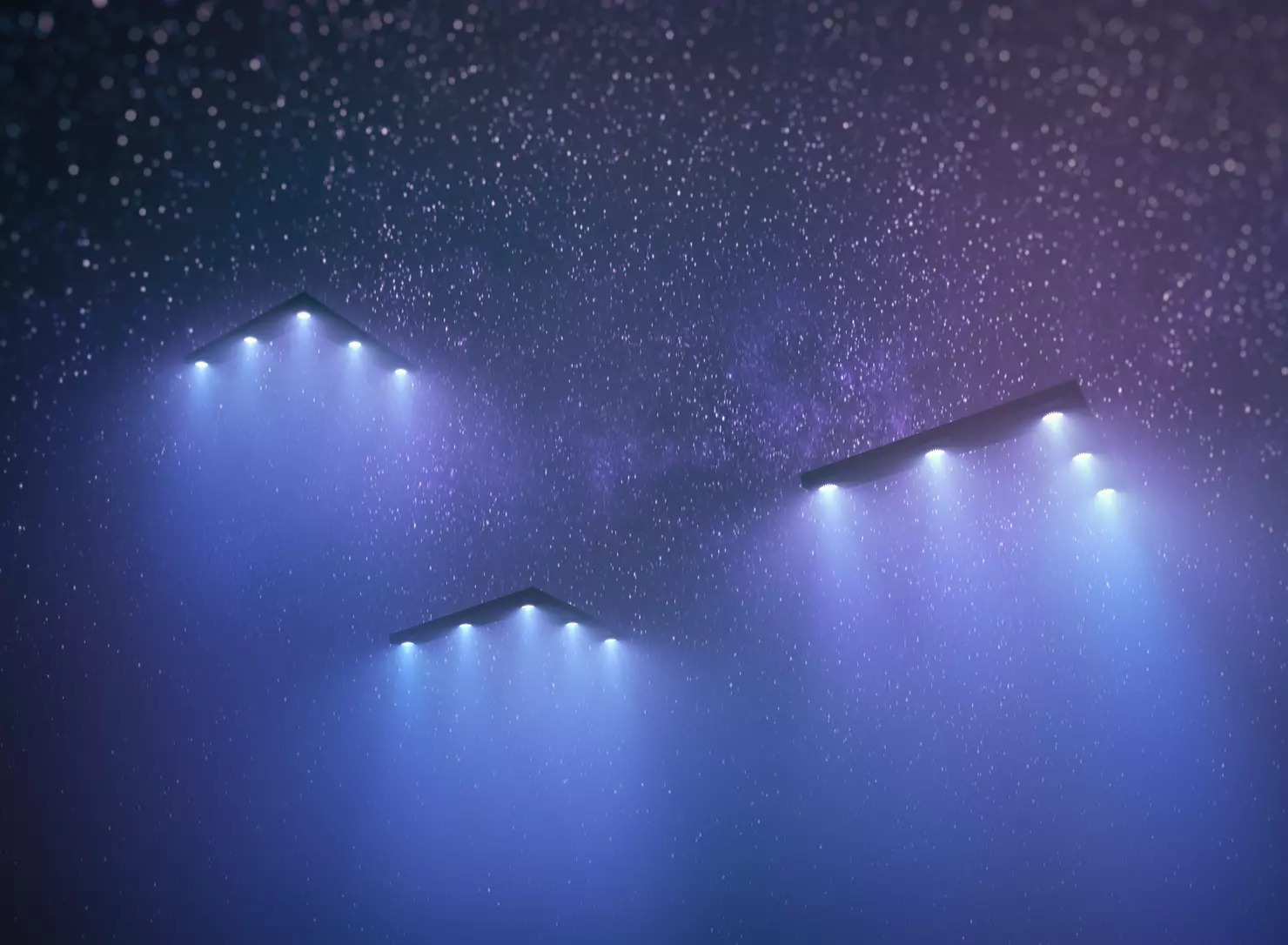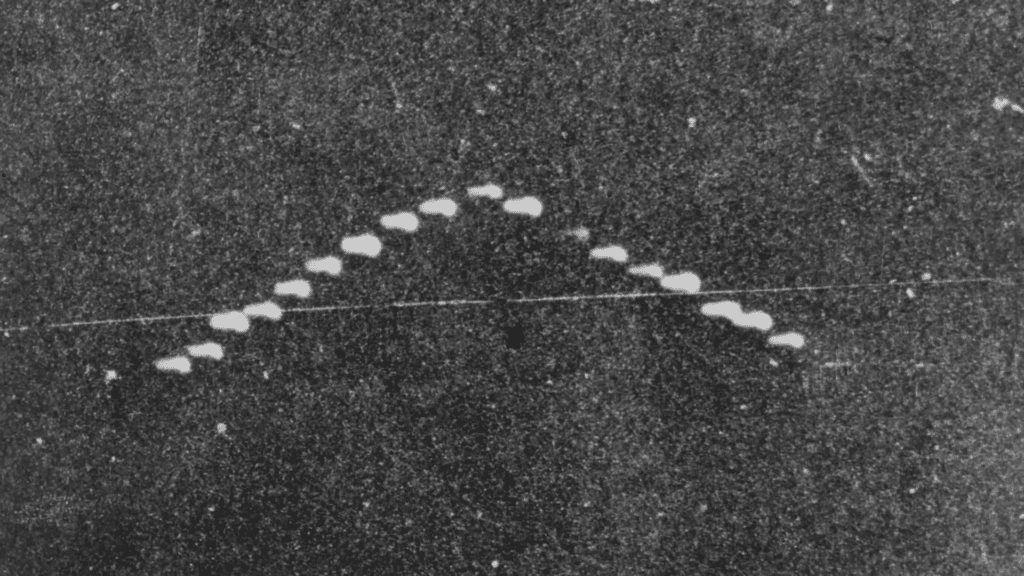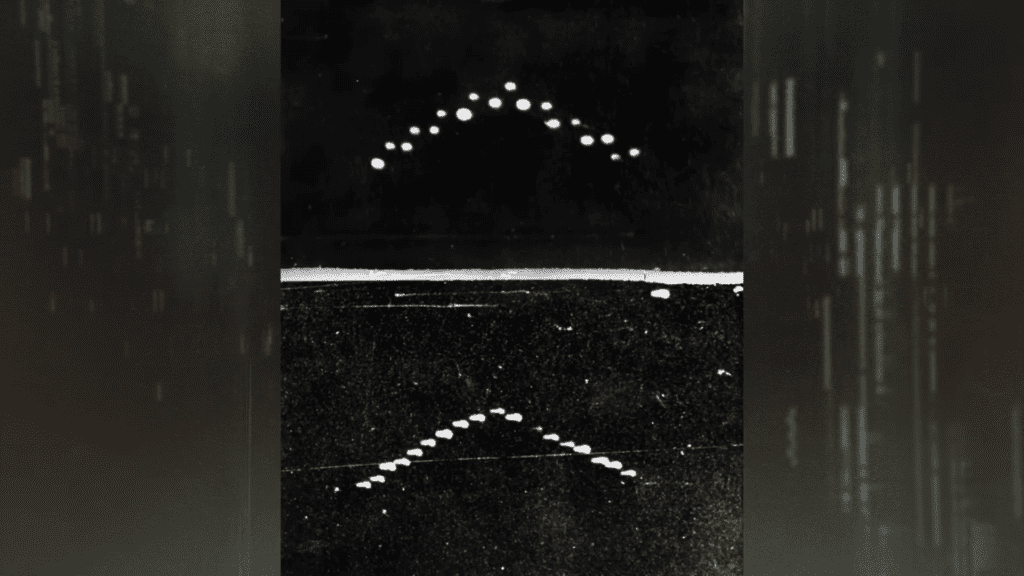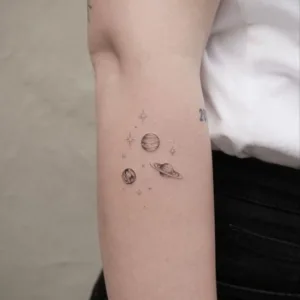In the heart of Texas, amidst the tranquil nights of 1950s Lubbock, a spectacular phenomenon unfolded, etching its enigmatic mark on the annals of UFO lore. The stage was set on August 31st, 1951, when young Carl Hart, Jr., armed with nothing but his camera and curiosity, bore witness to a breathtaking spectacle: a V-shaped formation of 15 to 30 bluish-green lights dancing silently across the Texas sky.

As the tale unfolds, it reveals a narrative punctuated by intrigue and debate. Eyewitnesses, including seasoned academics, attested to the surreal nature of the phenomenon, yet explanations remained elusive. Project Blue Book, the U.S. Air Force’s meticulous inquiry into UFOs, added the Lubbock Lights to its roster of genuine UFO sightings, further fueling public fascination.

However, as the years passed, the mystery only deepened. Lieutenant Edward Ruppelt, the lead investigator of Project Blue Book, tantalized with hints of a solution, purportedly gleaned from an anonymous scientific informant. Yet, the revelation remained shrouded in secrecy, leaving skeptics and believers alike to ponder the true nature of the lights.

Numerous theories emerged, ranging from migratory birds to clandestine military craft, yet each faltered under scrutiny. Astrophotographer Andrew McCarthy debunked avian reflections, while military aviation expert Tim McMillan dismissed the notion of conventional aircraft at such low altitudes.
Meteorologist Juan Hernandez ruled out meteorological and astronomical explanations, leaving only one conclusion: the Lubbock Lights defied earthly classification. Their persistence over two weeks, coupled with their inexplicable characteristics, rendered them a bona fide UFO mystery.
The verdict echoes that of Project Blue Book: until Ruppelt’s elusive source steps from the shadows, the Lubbock Lights remain an enduring enigma, casting their ethereal glow over the Texas skies and beckoning seekers of truth to unravel their cosmic riddle.




